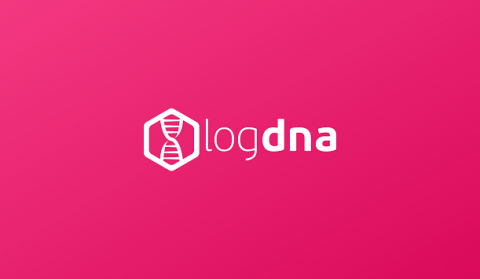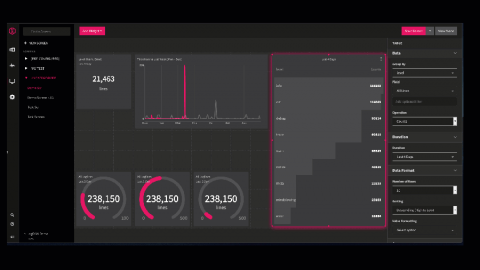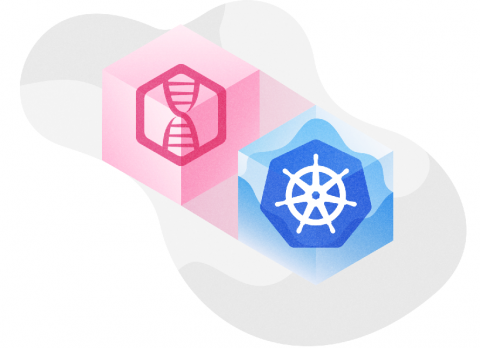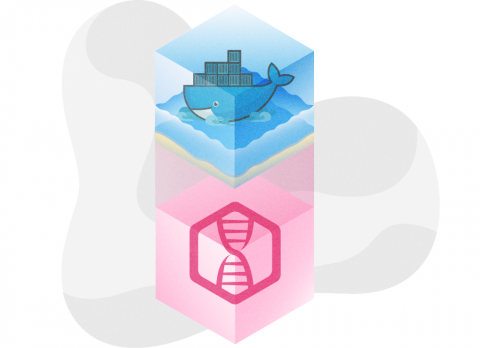Replicating and Restoring LogDNA Account Configurations
As an engineer who has set up logging for more than one deployment or environment, you know that you usually have one logging account per deployment. You’ve got plenty of pre-created queries, graphs, and alerts set up specific for your company’s use case, all of which are vital to you knowing the health of your infrastructure. Now imagine being responsible for creating and maintaining logging accounts across 10+ deployments.








